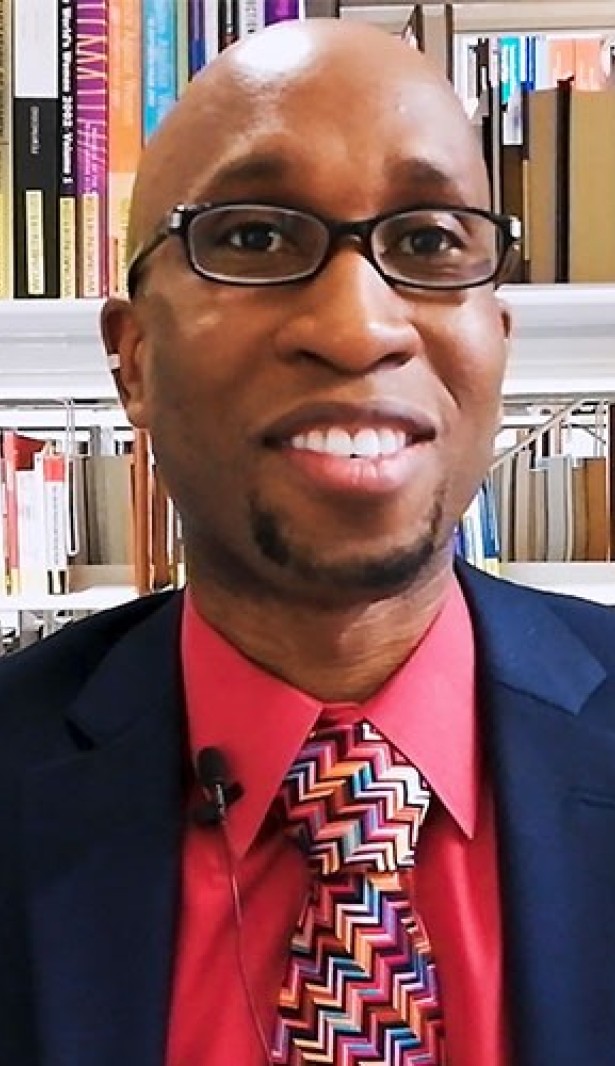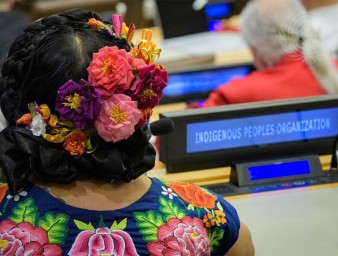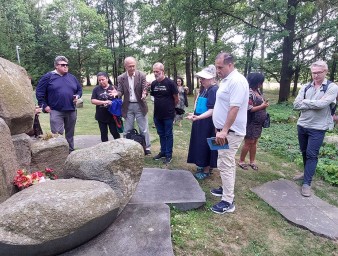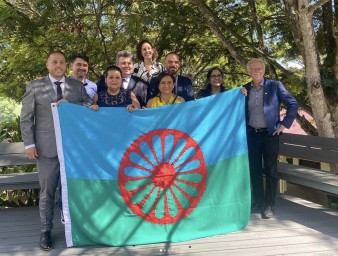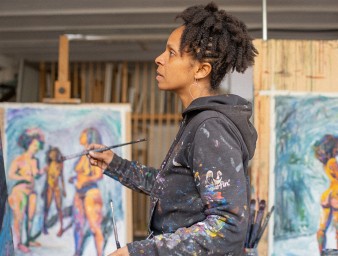Using the arts to stand up for human rights
02 January 2020
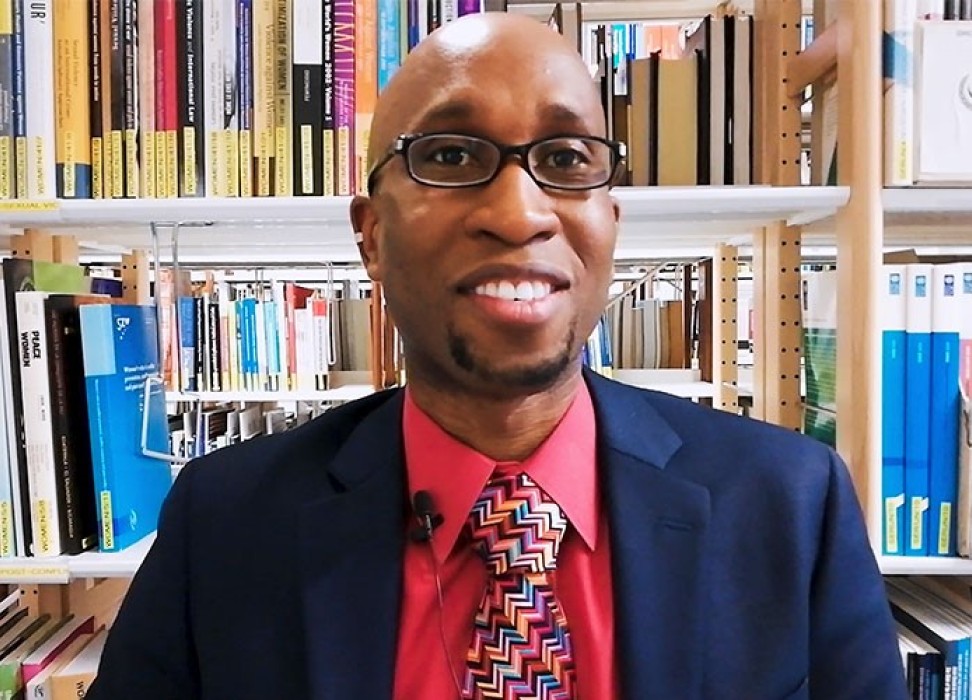
For Derrick León Washington from the United States of America, being a UN Human Rights Minority Fellow has been a revelation.
“It’s opened up a whole other world,” he said. “I have learned from colleagues from around the world what their struggles are and how they are intersectional and connected. Because sometimes as a human rights defender, I feel that struggle is unique in many ways, but it is also connected to struggles around the world and I have a chance to build coalitions.”
Mr. Washington is a 2019 Fellow from the UN Human Rights Minority Fellowship Programme. The programme provides comprehensive training for human rights defenders belonging to national, ethnic, religious and linguistic minorities. More than 30 participants, representing nearly as many countries, received a general understanding of international human rights mechanisms to help promote strategic dialogue with fellow activists from across the globe, the United Nations, and relevant NGOs.
Mr. Washington is a cultural anthropologist, dancer and curator who leads Urban Stomp: From Swing to Mambo, an arts, community and advocacy project based in New York City. He understands the potential of the arts, particularly jazz, salsa, and swing, as ways to promote cultural expression, inter-cultural dialogue, and human rights.
“When I say that I work with mambo, swing and dance choreography, people say ‘Oh, that’s interesting.’ But it’s how these dances started, as tools of both expression and defiance . . . it talks about ways of people to come together,” he said. “It’s a way of expressing emotions and the different types of histories that are not taught.”
Mr. Washington said he will take what he has learned about the United Nations, international human rights mechanisms, and pressing human rights issues to help train and educate the communities he serves in New York City. He’s anxious to share ways fellow artists and creators can help defend and promote human rights.
“Maybe my trajectory as a cultural anthropologist and artist isn’t the normal route, but as I fight for quality education, for gender equality, for intercultural expression, I am definitely a human rights defender,” he said. “It is very important, because we’re all connected. As I fight for the human rights of my different communities, I am also standing up for the rights of other communities.”
Learn more about the UN Human Rights Minority Fellowship Programme.
2 January 2020
